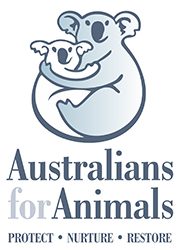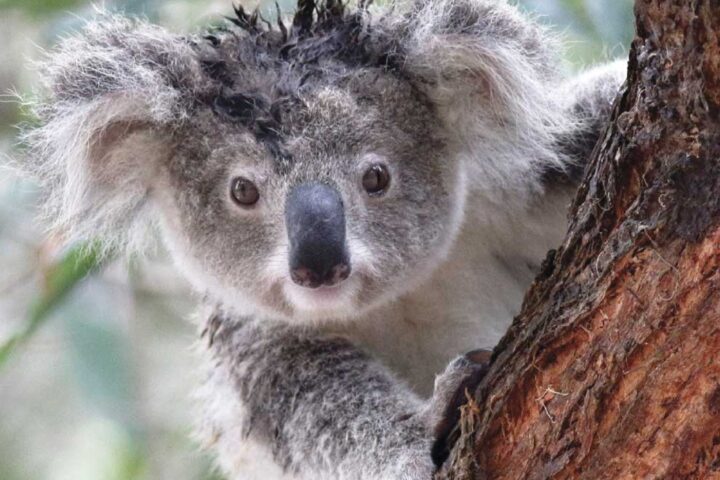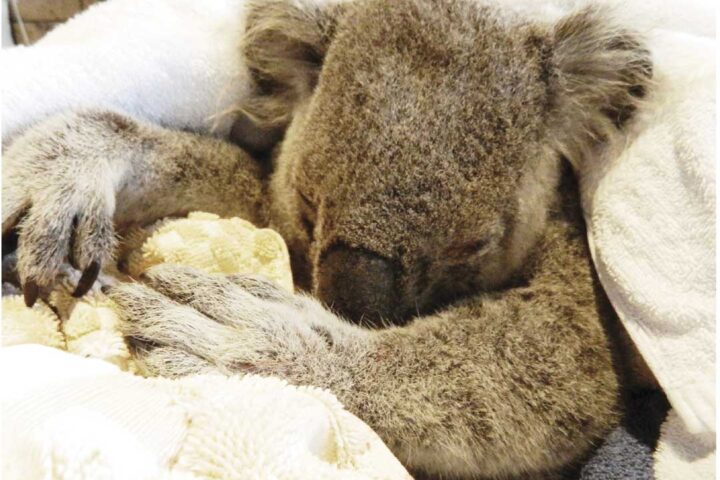In January 2002, when she was just a calf, a killer whale named Springer
was discovered emaciated and alone by a ferry dock in Puget Sound near
Seattle. It was later determined that her mother must have died, leaving
the orphaned orca to fend for herself at an age when most calves are still
reliant upon their parent.
Twelve years later, Springer has been spotted thriving in the wild near
Vancouver with her pod and a healthy young calf by her side — proving that
the bonds of a family can persevere beyond our intervention and the walls
of captivity.
When biologists first found Springer, they were able to uncover Springer’s
origins after matching her calls for help to the unique vocalizations of a
known pod — but the group had already moved on — almost 250 miles to the
north.
Over the next several months, the lonely killer whale lingered and
languished, never straying far from the only companionship she could find.
Springer could frequently be seen approaching boats. The kind of behavior,
experts said, that was driven by her need for social interaction.
The story of Springer’s sad predicament eventually gained international
attention, and when experts noticed that her health was deteriorating, it
spurred a heated debate over whether something should be done to help.
Support for the idea was mixed even among wildlife activists, who feared
that if the orca was taken to receive medical treatment, there would be a
chance she’d never be released.
“It’s going to be heart-breaking if we see the worst thing happen, which is
to see her die,” Donna Sandstrom of Orca Alliance told Seattle’s KING 5
News at the time. “But we would rather bear that heartbreak than to know
she’s enduring it alone in a concrete tank.”
Eventually, after careful coordination, it was decided that Springer would
be captured, rehabilitated, and with any luck, reintegrated into her pod in
the wild. She was moved from the Sound and transported to a sea pen, where
she was fed to gain weight and her health improved, though some were
concerned that she might have grown too accustomed to human assistance.
After a month in captivity, Springer was loaded into a small pool atop a
catamaran and ferried hundreds of miles north to where her relatives had
been spotted. As the pod moved near, the orphaned orca was set free and she
hurriedly swam to join them.
Biologists continued to monitor Springer in the days and weeks that
followed, and were stunned to watch as she was welcomed back into the pod
nearly six months after becoming lost.
For marine mammal specialists, Springer’s release came as proof that orcas
could persevere despite knowing captivity.
“This is a great experiment that is a success. We are very happy,” Michael
Harris of the Orca Conservancy told KOMO 4 News. “She’s with her family
now. She’s fat, she’s happy. We’ve been holding our breath for a long, long
time and this is great news.”
Every year since then Springer has been seen in the company of her pod near
Vancouver, seemingly unencumbered by her time in captivity. But this year,
her visit was extra special — she was with a calf who had survived the
crucial first year of its life.
“They appear to be healthy and robust… normal in every way. Great stuff,”
wrote Lance Barrett-Lennard, head of the Marine Mammal Research Program at
the Vancouver Aquarium.
“This sighting is great news for everyone interested in the welfare of
killer whales off the west coast of North America — and will be
particularly gratifying to those who were involved in the many aspects of
Springer’s identification, assessment, rescue, rehabilitation,
transportation and release 12 years ago.”
Springer’s successful reintegration back into the wild with her pod,
despite her prolonged interaction and dependency on humans, stands counter
to the argument that orcas currently held at marine parks like SeaWorld
must remain that way for the rest of their lives.
Truth is, no one knows what invisible bonds continue to tie captive killer
whales to their families in the wild, or what other happy reunions, like
Springer’s, could be awaiting them.
https://www.thedodo.com/why-



